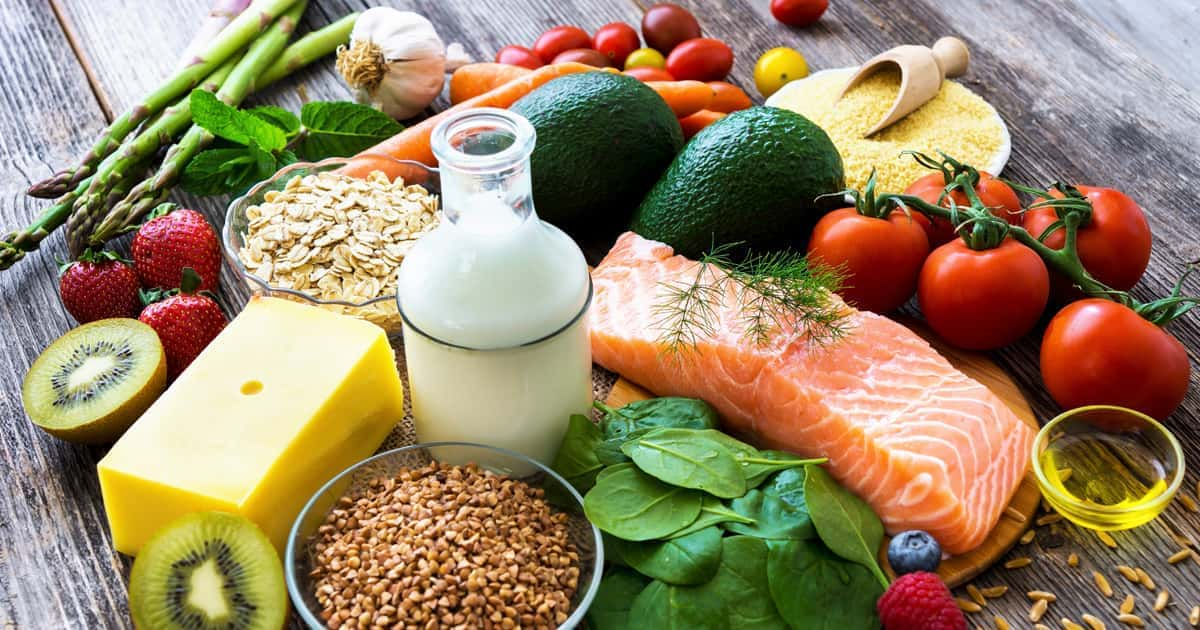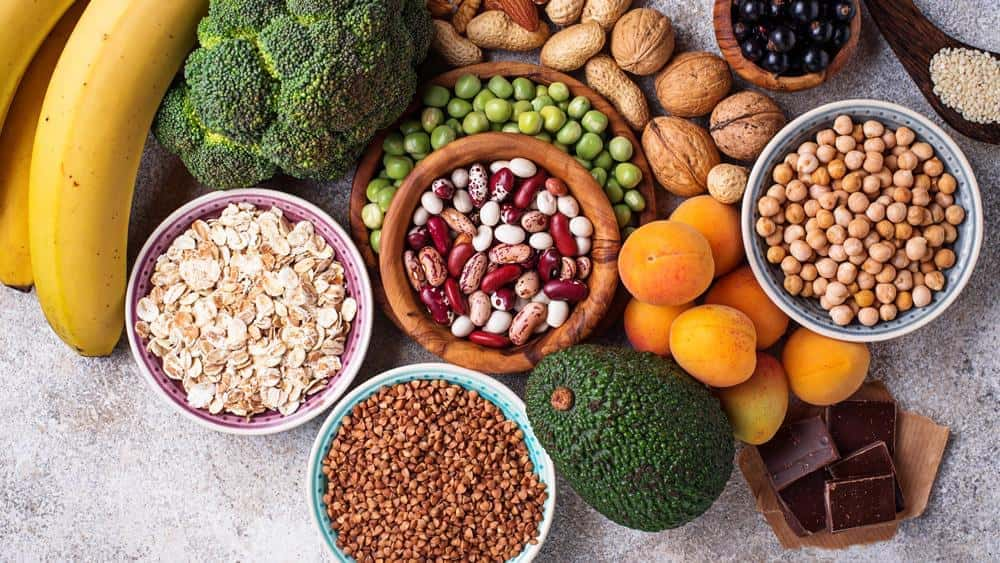Crocus Media, Vitamins - Nutrients
May you are intereseted

Vitamins and Its role on our health
Vitamins are organic compounds that people need in small quantities. Most vitamins need to come from food because the body either does not produce them or produces very little. Different vitamins play different roles in the body, and a person requires a different amount of each vitamin to stay healthy.
Vitamines

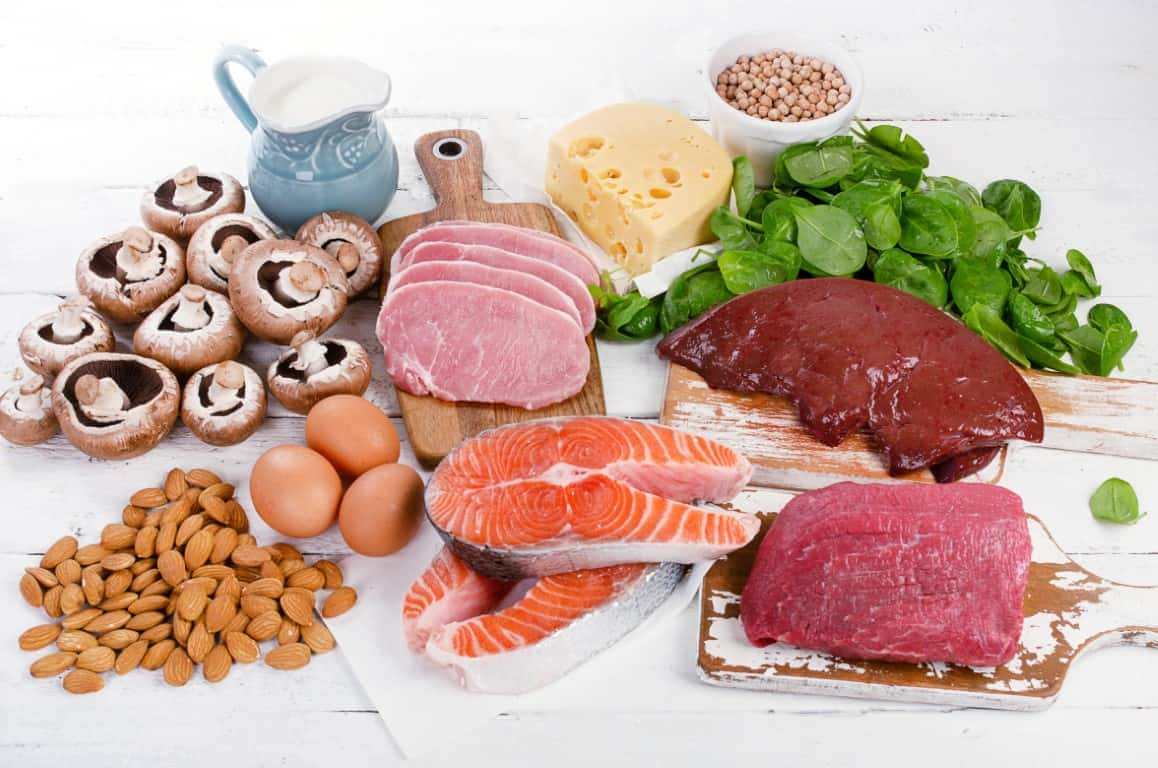
B-Complex Vitamins, a group of nutrients that play many important roles in your body.
Nutritional supplements that contain all eight B vitamins are referred to as B-complex vitamins. B-complex supplements usually pack all eight B vitamins into one pill. B vitamins are water-soluble, means your body does not store them, for this reason that your diet must supply them each day.

The importance of vitamin C for your body
Vitamin C is an essential vitamin, meaning your body can’t produce it. Yet, it has many roles and has been linked to impressive health benefits. It’s water-soluble and found in many fruits and vegetables, including oranges, strawberries, kiwi fruit, bell peppers, broccoli, kale, and spinach. The recommended daily intake for vitamin C is 75 mg for women and 90 mg for men.

7 Effective Ways to Increase Your Vitamin D Levels
Vitamin D is an essential nutrient that your body needs for many vital processes, including building and maintaining strong bones. These nutrients are needed to keep bones, teeth and muscles healthy. A lack of vitamin D can lead to bone deformities such as rickets in children, and bone pain caused by a condition called osteomalacia in adults. Low vitamin D intake is considered a major public health concern across the globe. In fact, vitamin D deficiency is estimated to affect 13% of the world’s population.

Vitamin E and its health benefits
Vitamin E is most commonly known for its benefits for skin health and appearance. Vitamin E is a nutrient your body needs to support immune system and help cells to regenerate. It also has antioxidant and anti-inflammatory properties that make getting enough essential to your everyday health.

About Vitamin K
The body needs vitamin K to produce prothrombin, a protein and clotting factor that is important in blood clotting and bone metabolism. People who use blood-thinning medications, such as warfarin, or Coumadin, should not start consuming additional vitamin K without first asking a doctor.

What is Vitamin PP?
The Vitamin PP, niacin, or also called vitamin B3 is a group of two vitamins: nicotinic acid and its amide, nicotinamide. The discovery of such compounds is related to research carried out on the causes of pellagra, and the term “Vitamin PP” comes from these studies (PP stands for Pellagra Prevention).

Vitamins and Its role on our health
Vitamins are organic compounds that people need in small quantities. Most vitamins need to come from food because the body either does not produce them or produces very little. Different vitamins play different roles in the body, and a person requires a different amount of each vitamin to stay healthy.
Minerals

Nutrients

Collagen
Collagen is the most abundant protein in your body. It is the major component of connective tissues that make up several body parts, including tendons, ligaments, skin, and muscles. Collagen has many important functions, including providing your skin with structure and strengthening your bones.

Is Caffeine good or bad for Health ?
In the U.S., adults consume an average of 135 mg of caffeine daily, or the amount in 1.5 cups of coffee (1 cup = 8 ounces). The U.S. Food and Drug Administration considers 400 milligrams (about 4 cups brewed coffee) a safe amount of caffeine for healthy adults to consume daily. However, pregnant women should limit their caffeine intake to 200 mg a day (about 2 cups brewed coffee), according to the American College of Obstetricians and Gynecologists.

Caffeine
Each one's response to caffeine can be different. Moderate doses of caffeine (50–300 mg) can help increase alertness, energy, and focus. Higher doses can cause negative effects such as anxiety, restlessness, insomnia, and increased heart rate. For those who are sensitive to caffeine, decaffeinated coffee is a good choice. Decaffeinated coffee also offers the same health benefits as caffeinated coffee.

Anthocyanins
Anthocyanins present in edible fruits, vegetables and flowers have protective effects against diseases, especially cardiovascular disease, certain types of cancer, and against several chronic diseases, such as hyperglycemia. Anthocyanins also improve vision. Because of their benefits, anthocyanins are becoming increasingly commercializedand used in foods.

Anthocyanidins and Anthocyanins
Anthocyanidins and anthocyanins: colored pigments as food, pharmaceutical ingredients, and the potential health benefits. Anthocyanin and anthocyanidins are considered to be elements of plant pigments found in higher plants of the plant kingdom. They are found mainly in fruits and flowers but also in leaves, stems, and roots. They belong to the category of bioflavonoids. They share a common structure; the flavylium ion. Anthocyanidins are sugar-free analogues to anthocyanins whilst anthocyanins are formed by the coupling of sugars to anthocyanidins. This is the key difference between anthocyanin and anthocyanidin.

What is anthocyanin and how does it benefit our health?
In herbal medicine, anthocyanin-rich substances have long been used to treat a number of conditions involving blood vessel health, including chronic venous insufficiency, high blood pressure, and diabetic retinopathy. They have also been used to treat a number of other conditions, including colds and urinary tract infections. Recent research also suggests that anthocyanins may help fend off major health problems, including heart disease and cancer.

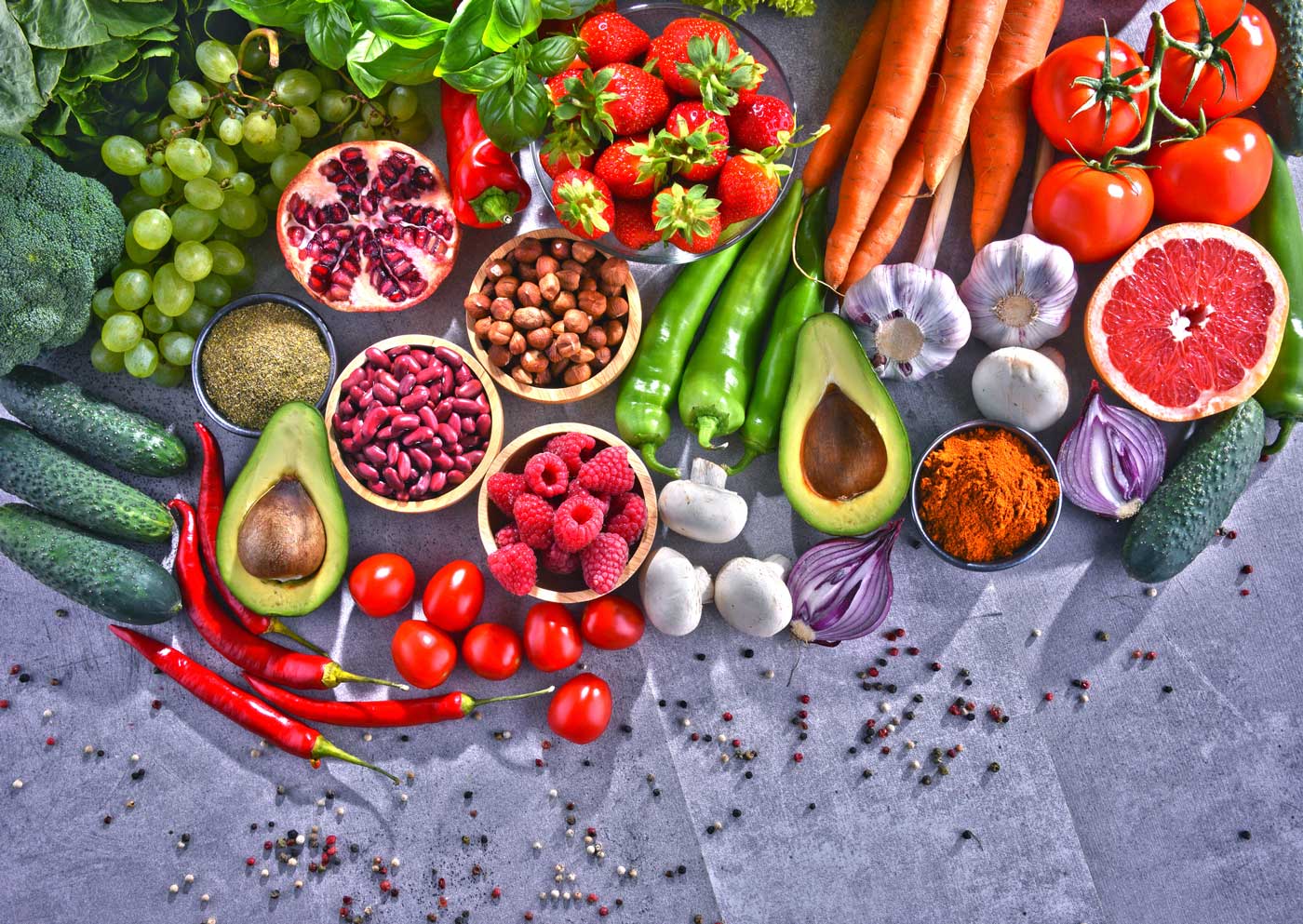
The role of polyphenols in our health
Polyphenols act as antioxidants, which means they neutralize harmful free radicals. These harmful free radicals damage your cells and increase your risk of diseases like cancer, diabetes, and heart disease. Polyphenols are also believed to reduce inflammation, which is believed to be the root cause of many chronic diseases.
Nutritional Supplements
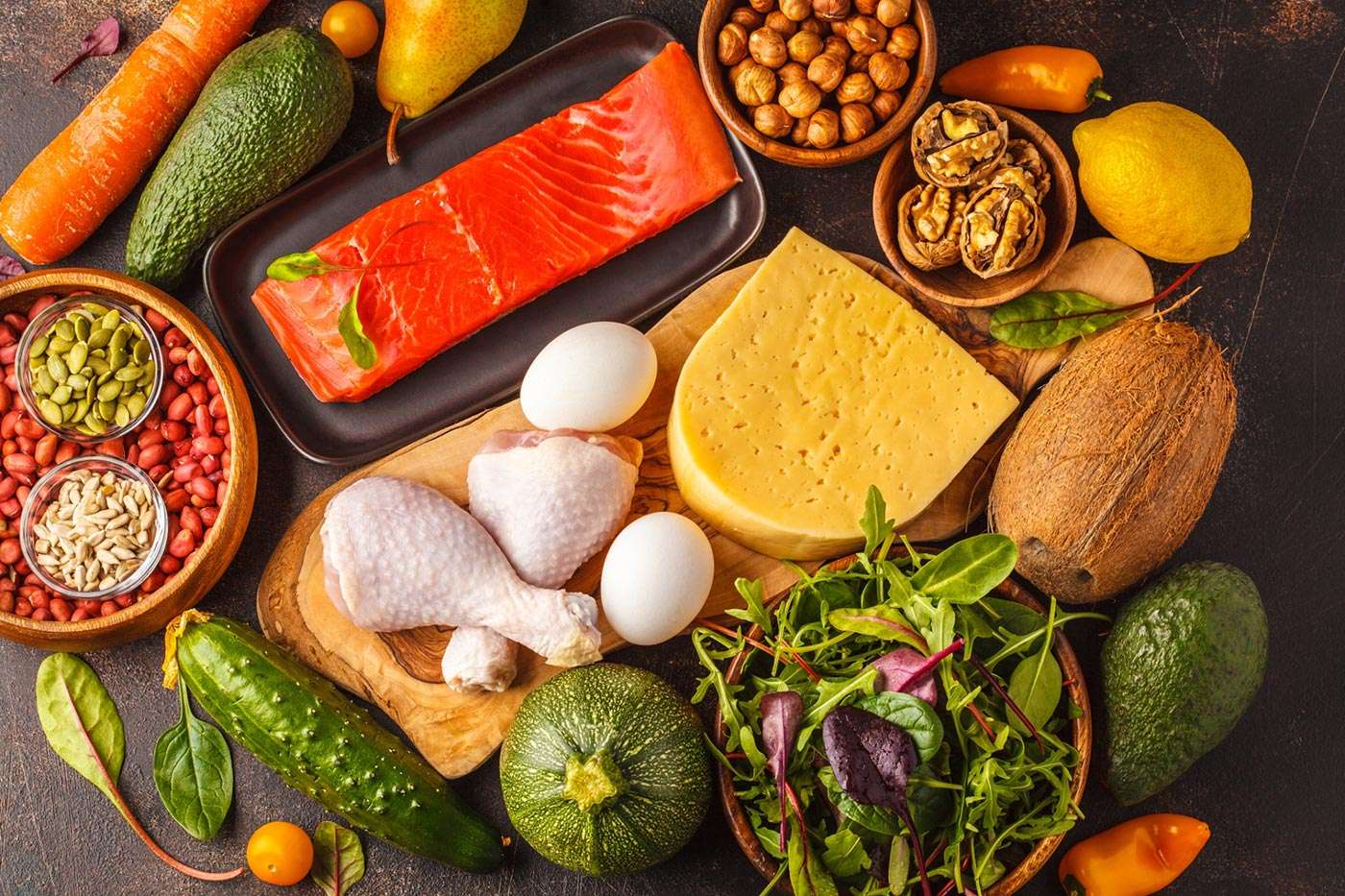
Collagen supplements
Collagen is a protein found in connective tissues throughout your body. It is located in our skin, bones, tendons, and ligaments. Several studies have shown that taking collagen supplements may benefit specific parts of the body, including: skin, bone density, and joint health. Collagen also helps with blood clotting, wound healing, and protects the nervous system.
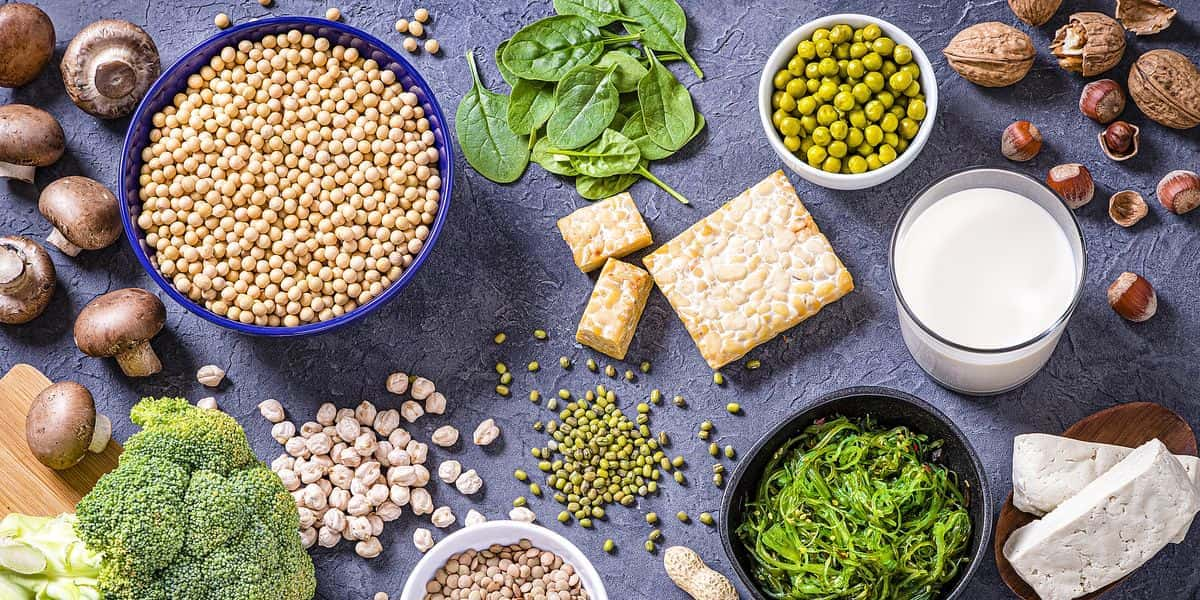
Protein powder
Protein powders are very popular among health-conscious people. There are numerous types of protein powder made from a wide variety of sources. As there are so many options, it can be difficult to determine which will provide optimal results. So that you can easily choose, first you need to know all about Protein powder?
